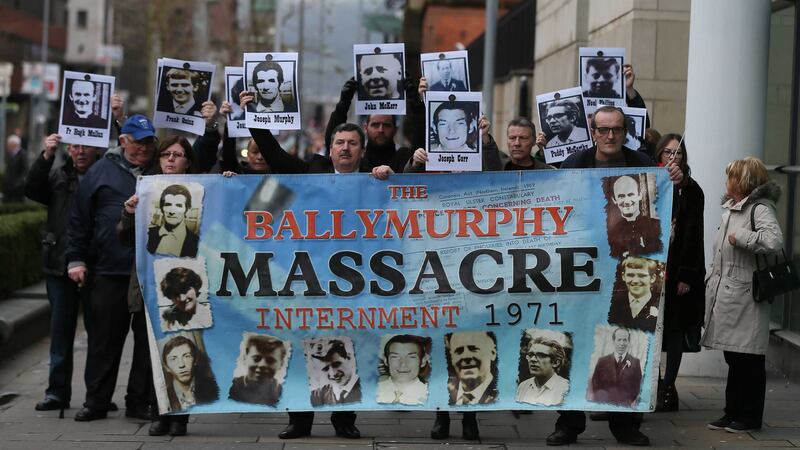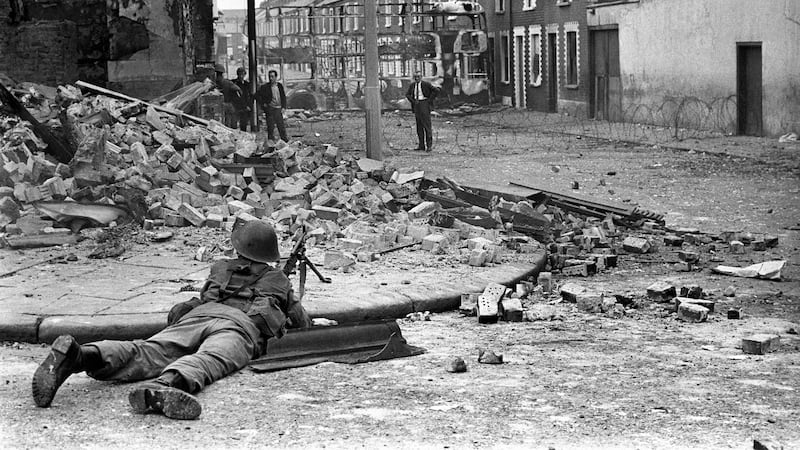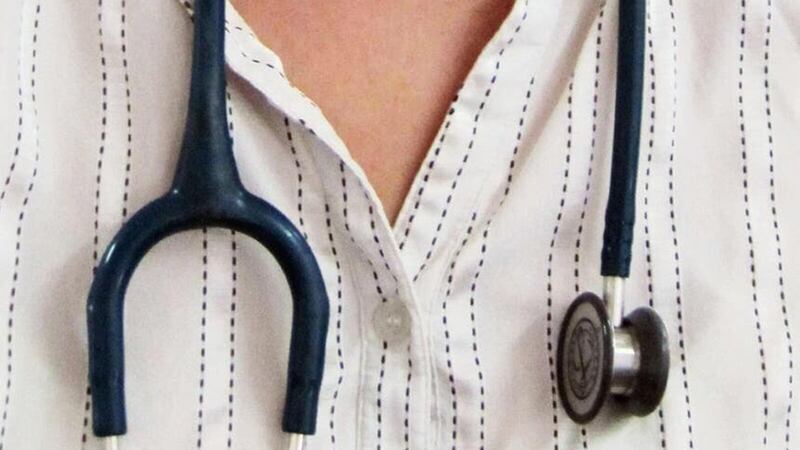POLICE in Northern Ireland are deliberately obstructing inquests into contentious Troubles deaths in order protect their security force predecessors, bereaved families have claimed.
The accusation was levelled on the opening day of a major review of long-delayed coroners' investigations into 95 legacy killings, many of which date back more than 40 years.
Northern Ireland's Lord Chief Justice Sir Declan Morgan has tasked one of his senior judges, Lord Justice Weir, to preside over an intensive schedule of individual hearings to establish why progress has been painfully slow to date.
The 56 cases include killings carried out by both paramilitaries and security forces - many involve claims of collusion or state wrongdoing.
As the two-week review got under way in Belfast, the time taken by police to security-vet and disclose classified case files was repeatedly highlighted as a main obstacle in the way of progress.
The stalled inquests into the Army shootings of 10 people in Ballymurphy, west Belfast, in 1971, and of five more civilians in nearby Springhill a year later, were examined on the opening day in Laganside Courts.
The cases focusing on nine deaths linked to the Royal Ulster Constabulary's alleged "shoot to kill" policy in the 1980s were also assessed.
A barrister for families of two INLA members shot dead by the RUC in 1982 - Seamus Grew and Roddy Carroll - was scathing after the police said disclosure could not be completed ahead of a proposed September 2017 inquest date.
A Police Service of Northern Ireland (PSNI) representative told the court at least another year would be required.
Barry McDonald QC accused the police of failing to honour a series of similar disclosure commitments since the shoot-to-kill cases were re-opened in 2007.
"Obviously there is the suspicion within the families that the PSNI have been dragging their heels over disclosure in order to protect the RUC," he said.
"They are fighting a rear guard action on behalf of the RUC, which they have done successfully to date.
"The sad fact is the PSNI cannot be trusted to honour their commitments."
He added: "When there's light at end of the tunnel for the families, the PSNI extend the tunnel."
Outside court, Mr Carroll's brother Tommy echoed his lawyer's remarks.
"It's over 30 years now and we would like the inquest to proceed, but the only thing that is stopping it is the PSNI protecting the RUC," he said.
Ahead of the review commencing, a police commander insisted the disclosure delays were due to the huge pressures being placed upon the PSNI's Legacy Support Unit (LSU).
Deputy Chief Constable Drew Harris said attempting to run the 56 inquests at the same time, rather than sequencing them in order, resulted in the LSU continually jumping from one case to the other.
Judge Weir acknowledged prioritisation of cases was an issue. He likened the PSNI's current disclosure workload to a music hall act spinning plates.
"Over the next fortnight, we need to establish which plates we need to spin most urgently," he said.
In regard to the Ballymurphy inquest, the judge was told only one soldier involved on the three days of shootings had been traced.
He was later informed there had been no substantive progress on disclosure in the Springhill inquest - 13 months after the new probe was ordered by the Attorney General.
Outside court, John Teggart - whose father Danny was killed in Ballymurphy - said proper resources had to be directed at resolving legacy cases.
"What you are talking about today, and the next couple of weeks, is 95 families sitting in the house with an empty space at the table," he said.
"This isn't just figures - these are families, these are real people here. We need to remember that."
Judge Weir said at the end of all the hearings he would file a report to Sir Declan setting out the issues of concern.
He said the Lord Chief Justice would then decide which inquests could proceed in the near future, which could not, and also whether certain cases should be combined to enable a thematic investigation.
But he added: "There may be cases he may feel are not capable of being dealt with under the current coronial process and, if that is the case, he will have to advise the Government."
Sir Declan has previously suggested one potential solution for complex cases could be the establishment of a form of inquiry panel.
A failure by politicians to sign off on proposed mechanisms to deal with Northern Ireland's toxic past means initiatives to better deal with legacy cases, including more support for the Coroners' Service, have yet to get off the ground.
Judge Weir said he hoped the review hearings would "create some light without producing too much heat".


